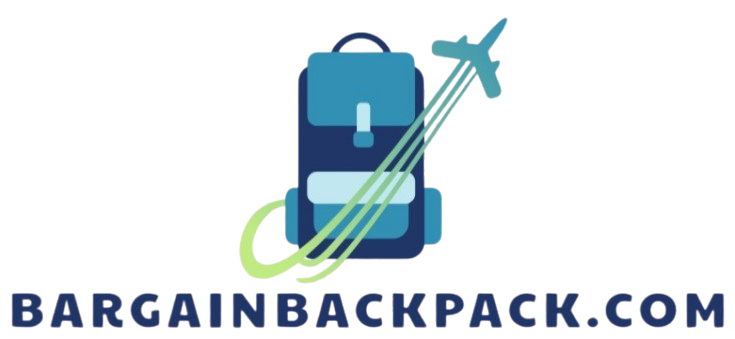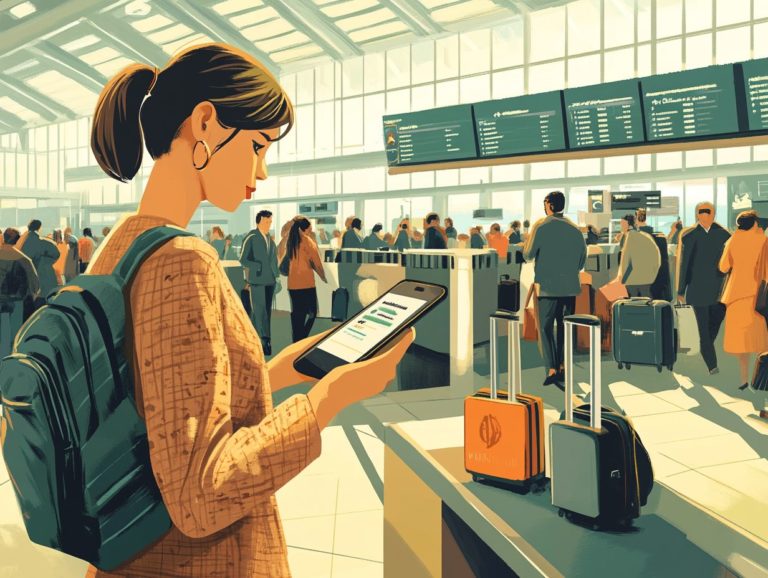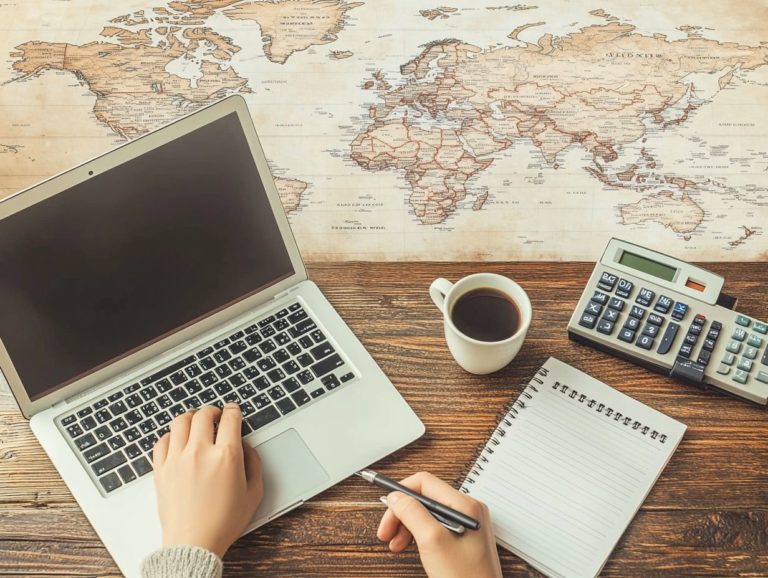What Should I Know About Currency Exchange?
Currency exchange is an essential pillar of global commerce. It influences everything from travel arrangements to international investments.
By grasping how exchange rates are established and the various types of currency exchange available, you can understand the basics of currency exchange.
This article delves into the factors shaping currency exchange. It provides tips for securing optimal rates and highlights common missteps to avoid.
Continue reading to enhance your currency exchange decisions and take control of your financial journey.
Contents
Key Takeaways:

- Know the basics: Currency exchange is the process of converting one currency to another. It is important to understand the exchange rates and factors that can impact them.
- Consider economic and political factors: Exchange rates are influenced by various economic and political factors, such as inflation, interest rates, and government policies.
- Choose the right type of exchange: You can exchange currencies physically at banks or exchange services, or electronically through online platforms. Choose the method that suits your needs and offers the best rates.
What You Need to Know About Currency Exchange
Understanding currency exchange is crucial for anyone engaging in international travel, foreign investments, or trading in the currency market. Currency exchange involves converting one currency into another, influenced by various economic factors like inflation, interest rates, and geopolitical developments.
Key currencies, such as the U.S. dollar, Canadian dollar, British pound, euro, and Japanese yen, hold significant positions in the global economy. The foreign exchange market operates under the principles of supply and demand, influencing the appreciation and depreciation of currencies, which impacts your financial decisions.
Factors Affecting Currency Exchange Rates
The exchange rates between currencies are shaped by many factors. Economic indicators such as inflation rates, interest rates, and the overall strength of a nation s economy are critical.
Events like Brexit can wield considerable influence over currencies like the British pound and euro. They shift market conditions and affect investor confidence.
Grasping these economic dynamics is essential for currency traders and investors who seek to navigate the intricate landscape of the currency markets.
Economic and Political Factors
Economic and political factors are crucial in shaping currency values. They influence whether investors are drawn in or pushed away. For example, when interest rates rise, they often attract foreign capital, leading to currency appreciation. Conversely, inflation can diminish currency value.
Political stability is important; it bolsters investor confidence and makes a country s currency attractive in the currency market.
Fluctuations in GDP growth can serve as indicators of economic strength or weakness, directly impacting investor sentiment. In less stable regions, even a hint of political unrest can trigger swift sell-offs, destabilizing the currency. Strong political institutions can encourage long-term investment strategies, positively affecting credit ratings.
As central banks adapt monetary policies to changing economic conditions, shifts in currency valuation highlight the intricate relationship between these factors. Understanding these dynamics is essential for you as an investor navigating the unpredictable waters of currency markets.
Types of Currency Exchange
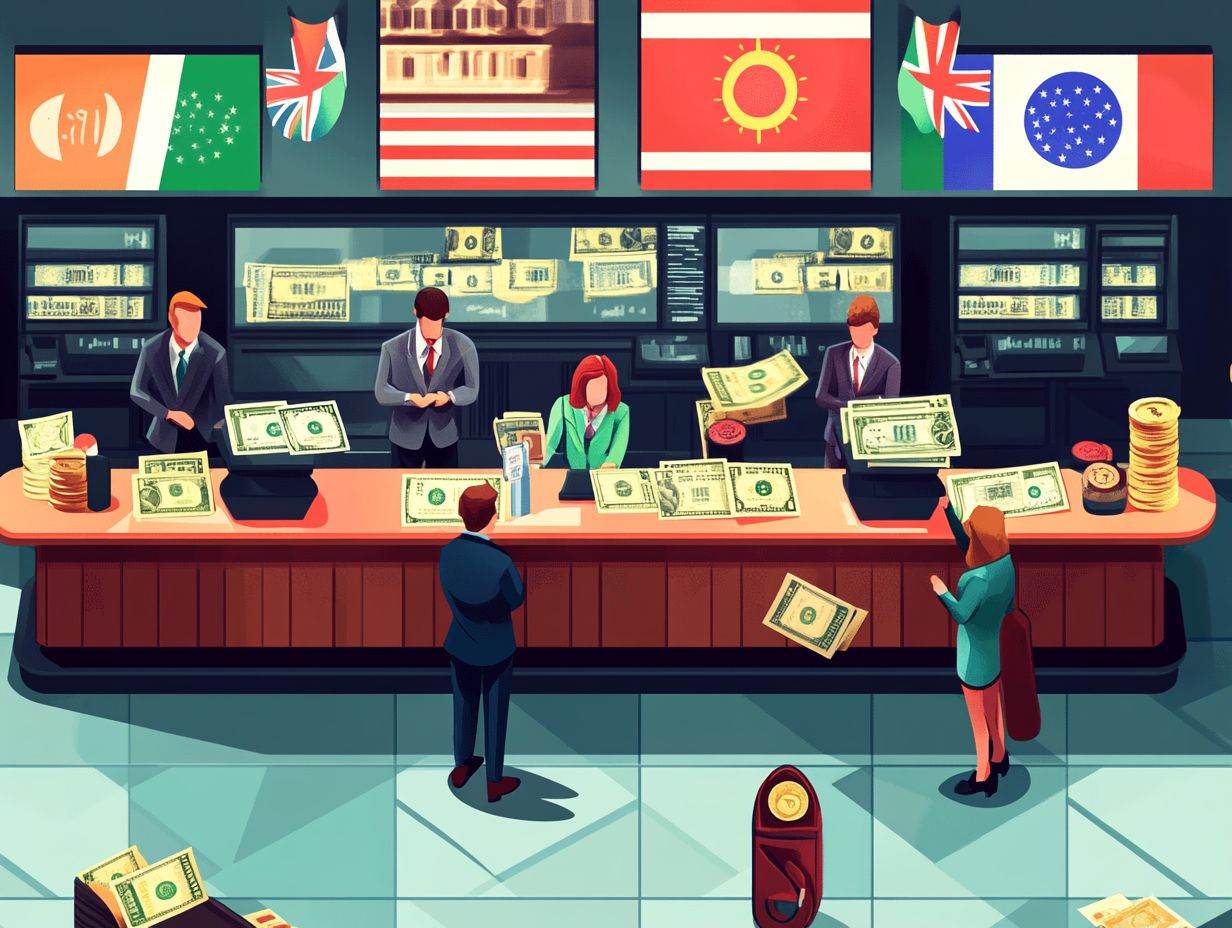
You ll encounter various currency exchange mechanisms in today s financial landscape. There are fixed exchange rates, where currencies are pegged to a specific value, and floating exchange rates, which shift based on market dynamics.
This classification is crucial, whether you re navigating online banking or using currency exchange kiosks while traveling abroad. Understanding these types and their implications on currency convertibility is essential for anyone involved in foreign currency transactions.
Physical and Electronic Exchange
Physical and electronic exchange methods are two fundamental avenues for conducting currency exchange. You can opt for physical exchanges at kiosks or banks. In contrast, electronic exchanges occur through online platforms.
Each method boasts its own set of advantages, such as convenience and accessibility. However, be mindful of potential foreign transaction fees and currency conversion costs.
Using a traditional bank for currency exchange may offer the peace of mind that comes with a physical transaction. Yet, it often entails higher fees and less favorable exchange rates.
Conversely, online services like PayPal or Wise provide quick and straightforward transfers. They typically come with lower fees, especially for smaller amounts. Just remember, electronic methods can face security issues or account restrictions.
Take a moment to weigh these factors against your specific needs, budget, and intended use of the currency.
The Role of Banks and Exchange Services
Banks and specialized currency exchange services are pivotal in the foreign exchange market. They enable the seamless buying and selling of foreign currencies while establishing exchange rates influenced by market dynamics.
Leading institutions such as Bank of America and Wells Fargo, along with innovative platforms like Revolut, offer a range of services. These services empower you to exchange currency, manage withdrawal limits, and navigate the complexities of associated bank fees with ease.
How They Determine Exchange Rates
Exchange rates result from a sophisticated interplay of economic indicators and market forces. The bid-ask spread is the difference between what buyers are willing to pay and what sellers want.
Elements such as currency valuation and movements in the forex market directly affect how exchange rates fluctuate. This fluctuation offers a glimpse into the health of global economies.
Economic indicators like inflation rates, interest rates, and employment statistics significantly shape these rates. Central banks also play a role by implementing monetary policy adjustments that influence currency supply and demand.
For example, when interest rates rise, foreign investment typically follows, boosting the value of a currency.
Market sentiment is often swayed by geopolitical events and economic data releases. This can cause abrupt shifts in exchange rates, rendering them highly volatile.
Understanding these components equips you with the knowledge needed to navigate the complexities of the forex landscape.
Unlock Your Currency Exchange Success!
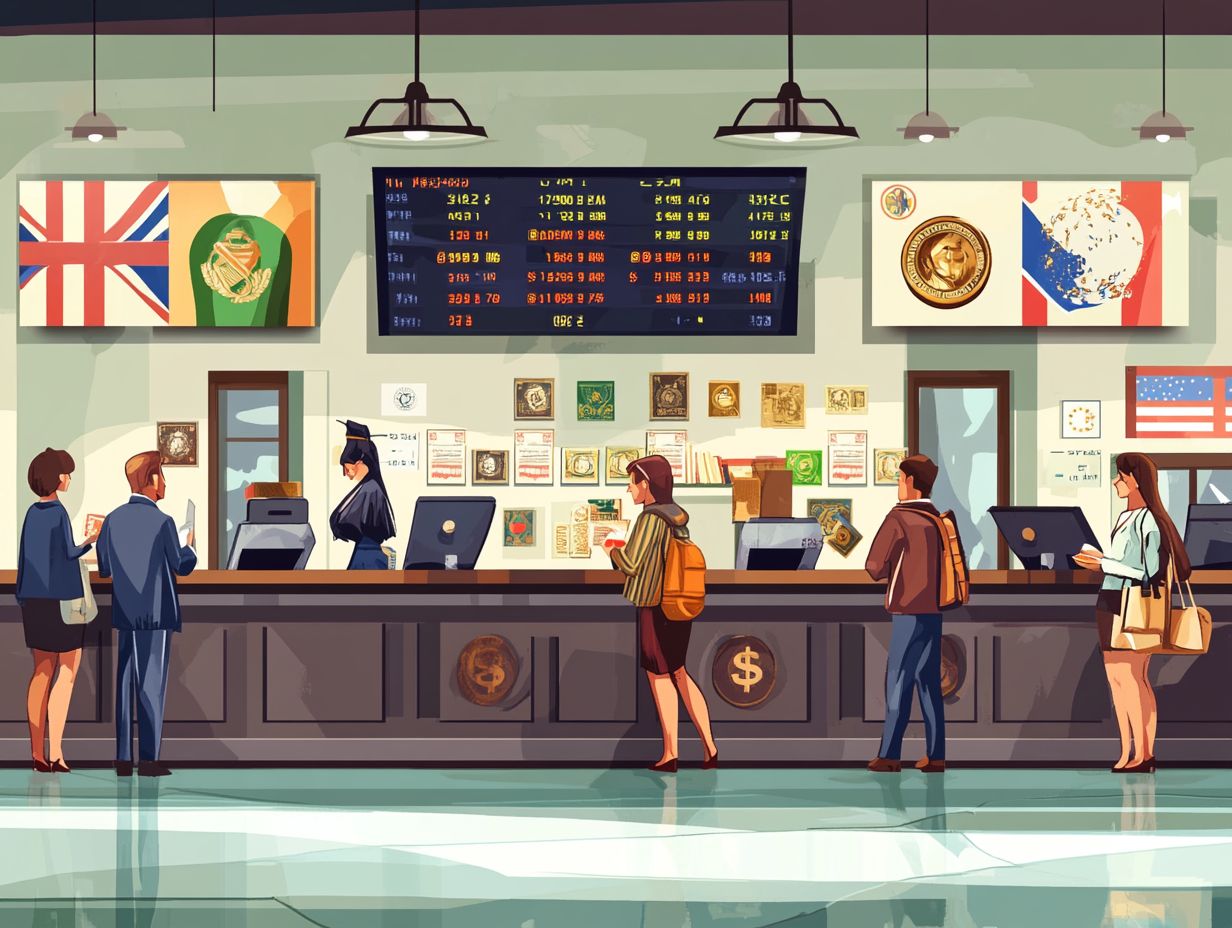
Successfully navigating currency exchange demands a strategic approach to secure the best rates while minimizing costs tied to conversion fees and withdrawal limits.
Act now by leveraging online banking solutions and capitalizing on travel rewards to enhance the efficiency and effectiveness of your currency exchange endeavors.
Strategies for Getting the Best Rates
To secure the best currency exchange rates, consider employing various strategies. Monitoring the forex market for optimal timing and utilizing reputable online currency exchange services can make all the difference.
By staying proactive and informed, you can seize favorable market conditions and enhance your financial outcomes.
Set alerts for specific rate thresholds to act swiftly when the market reaches your desired exchange rate.
Research and choose platforms known for their competitive rates and low fees to maximize your gains. Engaging with online forums or communities focused on currency exchange can provide valuable insights and tips from seasoned traders.
Keep an eye on geopolitical events and economic indicators, as these factors can significantly influence currency values.
By combining these approaches, you’ll be well-equipped to navigate the complexities of currency exchange with confidence and skill.
Start exploring your currency exchange options today!
Common Mistakes to Avoid
When you engage in currency exchange, it s essential to sidestep common pitfalls to avoid unnecessary currency conversion fees or foreign transaction charges. Stay informed about withdrawal limits and understand the details of various exchange methods to protect yourself from costly errors and refine your investment strategies.
Pitfalls and How to Prevent Them
Common pitfalls in currency exchange often stem from overlooking hidden costs and fees that can chip away at your financial gains. Neglecting thorough research and timing can lead to these costly missteps. Being aware of the various fees tied to different exchange methods can significantly help you avoid losses.
The ever-changing nature of currency rates means that timing can greatly influence the final amount you receive. Many individuals dive into exchanges without keeping an eye on market trends, which can result in less-than-favorable rates.
Protect yourself from costly errors! It s essential to utilize reputable currency exchange platforms that transparently showcase all fees and offer live market updates. Consulting with financial experts or using strategic tools can equip you with the knowledge needed to navigate these transactions effectively, ensuring you make informed decisions instead of rash ones.
Frequently Asked Questions
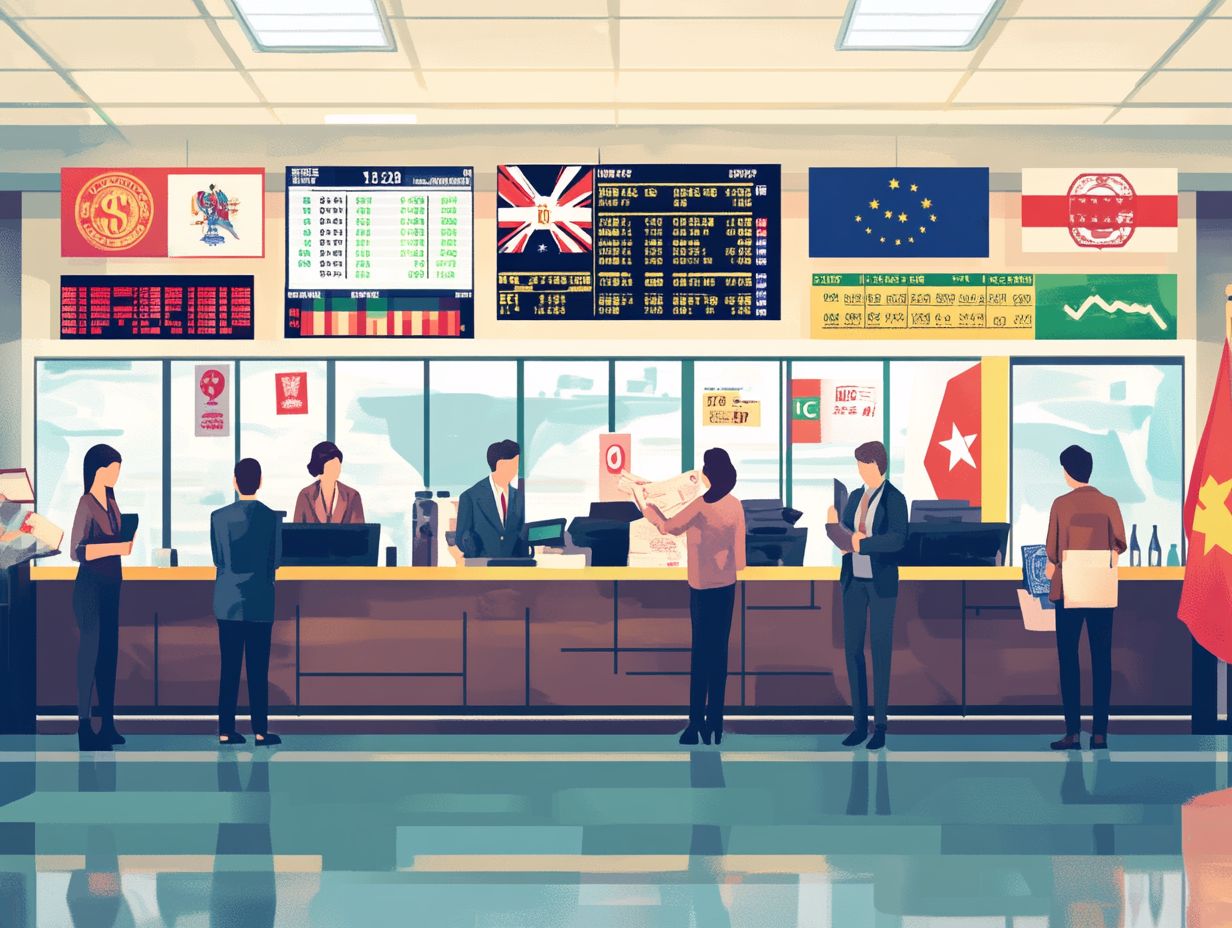
What Should I Know About Currency Exchange?
Currency exchange is the process of converting one currency into another, typically for financial or commercial purposes.
Why do I need to exchange currency?
Exchanging currency is necessary when you travel to a country that uses a different currency than your own. It is also important for international trade and business transactions.
Where can I exchange currency?
You can exchange currency at banks, airports, currency exchange kiosks, and some hotels. Research and compare exchange rates before making a transaction to ensure you get the best deal.
What factors affect currency exchange rates?
Currency exchange rates are influenced by various factors, including economic stability, political events, inflation, and interest rates.
Is there a fee for currency exchange?
Yes, most currency exchange providers charge a fee or commission for their services. It is important to inquire about fees and compare rates before exchanging currency.
Can I exchange currency before I travel?
Yes, you can exchange currency before your trip through your bank or a currency exchange provider. This can save you time and hassle when you arrive at your destination.
Ready to exchange? Research your options today!
